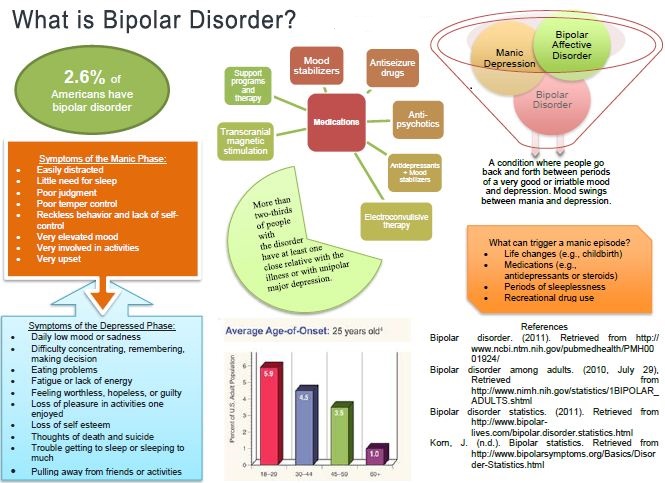Attaining addictions breakthrough professionally

Attaining addictions breakthrough professionally begins with the role of mental health in successful detox
Attaining addictions breakthrough professionally: Necessity of cognitive behavioral therapy
Because of the ever escalating prevalence of substance abuse, new treatment approaches are being explored to ensure that victims of whatever substance addiction are assisted to get sober again. One of those treatment approaches is the cognitive behavioral therapy which is currently gaining public confidence in the treatment of addiction complications. And therefore it is important to appreciate that attaining addiction breakthrough professionally is not just about walking in and out of a health facility, but it is all about the expertise and the professionalism and experience behind the experts attending to the patient.
Attaining addictions breakthrough professionally: Faulty mindset
According to doctor Dalal Akoury a veteran addiction expert who is also the founder of AWAREmed Health and Wellness Resource Center, over the past years there has been increasing interest in cognitive behavioral therapy (CBT) as a means of help clients escape from the scourge of addiction. CBT is actually a kind of talking therapy where the emphasis is made on empowering the individual patient to take charge of their own thoughts and feelings. In many instances the majority of the problems the individual will often experience will be due to faulty thinking or belief about themselves or others.
Like for instance while making efforts in attaining addiction breakthrough professionally, it is possible for the individual give up on life and develops the feeling that they can never be loved by someone. Such negative connotation can be very dangerous because such thinking can lead people into addiction. This is what the application of cognitive behavioral therapy needs to address. And by examining thoughts and feelings more closely the client, are able understand them a lot better. Remember that one of the advantages of CBT is that it can lead to breakthroughs in a relatively short period of time even though this may not always the case. During the treatment the client is encouraged to examine those thoughts that are leading them to engage in substance abuse. Once they see that their flawed thinking has been the source of much of their problems they will find it a lot easier to break away from addiction.
Attaining addictions breakthrough professionally: The great challenge of denial
Finally doctor Akoury is registering that even though cognitive behavioral therapy is all about mind set, it may not be as easy as it may appear. Many addicts are living in great denial and so even applying what appears to be simple and straight forward may be a great challenge. Therefore to overcome those challenges, seeking for treatment must be professionally oriented. To that effect, doctor Akoury will be of great help to you and you can easily reach out for doctor Akoury by calling her on telephone number 843 213 1480 to schedule for an appointment of your life time and by the time she will be done with you, you will be a completely different and changed person with great life a head of you for an absolute fulfillment and comfort.
Attaining addictions breakthrough professionally: Necessity of cognitive behavioral therapy
http://www.I-AM-I.com/wp-admin








